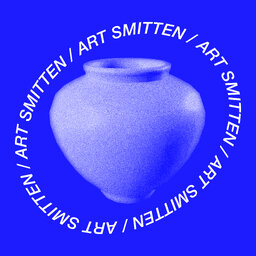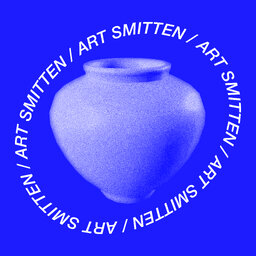Review: Little Emperors
Theatre review, An intimate look into the human cost of China’s decades long one child policy. Playing at the Malthouse A’beckett Theatre, Melbourne.
A tale of two cities one family, and the reflective story of a billion, Director Wang Chong navigates the immense human consequence of the One child Policy, with an ambitious production, that overthrows many old stage techniques in favour of relevance to the 21st Century.
The story in which our characters navigate is one that is highly symbolic, frequently changing between English and Mandarin and contorting time and space to convey states of mind and connection between the characters. For instance Kevin speaks to his mother Diane via the phone her face projected onto the backdrop, but she speaks to him directly through the tapestry which backdrops the set, to punctuate a particular point and thus breaks the illusion of distance, as though it were always an illusion. There is a rhythm and timing to this play that is wonderfully executed.
The play begins with Kevin our protagonist recalling his early childhood. An illicit second child, he his sent into hiding, to boarding school and ultimately to Melbourne to study economics, or so his family thinks. He is actually attempting to direct a play, about China’s one child policy. A point that certainly draws parallels with this play's actual director His, sister Alice, and mother, Diana, still reside in Beijing, expecting Kevin to visit them soon. Their hopes are squashed however when he refuses out of fear for their expectations and in fear of what they represent, exile, distance and rejection. Alice, his sister, is older than him at 31 and is constantly under pressure from society and particularly Diana, their mother, to find a husband. Lachlan Phillpot is careful to not simply write her off as the nagging mother, however, her pushing and chastising comes from a deep worry and concern that her children will be terribly unprepared for their lives, her diagnosed cancer underpins every word she says, with a hidden urgency.
The conservative Chinese values and gender expectations of Mao’s China instilled in Diana has been diluted with an increasingly globalised world and 21st century values and technologies. The values of Diane’s China are frequently at odds with Wang Chong’s use of technology. Live cameras are used for the characters to communicate over vast distances, their image projected onto the back drop as though through video call, though this trope begins to deteriorate as the play progresses. It comes to follow the characters on stage and follows their faces, providing multiple different perspectives on stage at once, showing literally many sides to each character.
Lachlan Philpot has done a brilliant job of magnifying the human element so easily lost in stories of far-reaching politics. Without necessarily providing us with answers he asks us to recognize the humanity of these characters, and the many more that they represent.
The play masterfully uses lighting to convey frames of mind and delineate when Kevin is directing his play, or experiencing some deep troublesome thought. Emma Valente in this instance has done particularly admirable work. The set is entirely within a pool of water, ankle deep, the rear of which is separated by high hanging tapestries of letters, ads written by family members for their offspring, particularly young woman not yet married, desperate to secure them success in life via marriage. Characters frequently traverse behind and through this tapestry however as though crossing the veil between the two cities of Melbourne and Beijing, and from the most immediate thoughts of the characters on stage.
There’s a beautiful story in the play that Alice shares with Diana, of the lakes just outside Melbourne where tea leaves fall into the water and turn them brown. Rather than an ugly sight, people flock to them, because the water is healing. And as the tea leaves fall down into the water, toward the play's end you get the sense of what this story is all about. Remembering, acknowledging the stories of the past, the individuals, the forgotten children, the play doesn’t suggest a solution, though it guides us towards a more thoughtful approach and aspires to be the clarion call for healing.
Wang Chong’s Play Little Emperors, is an important play, a must see. It burns slow but crackles into a powerful ending. Three, out of five stars.
Written by Matthew Toohey
Image by Tim Grey
Click here for our interview with cast member Alice Qin
In 1 playlist(s)
Art Smitten
Art Smitten is SYN’s weekly guide to arts and culture based in Melbourne / Naarm. With a focus on t…Social links
Follow podcast
Recent clips

Art Criticism - with Victoria Perin from Memo Review
51:14

Pepper at NCM + 'Her' (2013) film review
34:46

Archives are Hot! with Amy Spiers + 'Love Serenade' (1996) film analysis by Tyra
40:28
 Art Smitten
Art Smitten